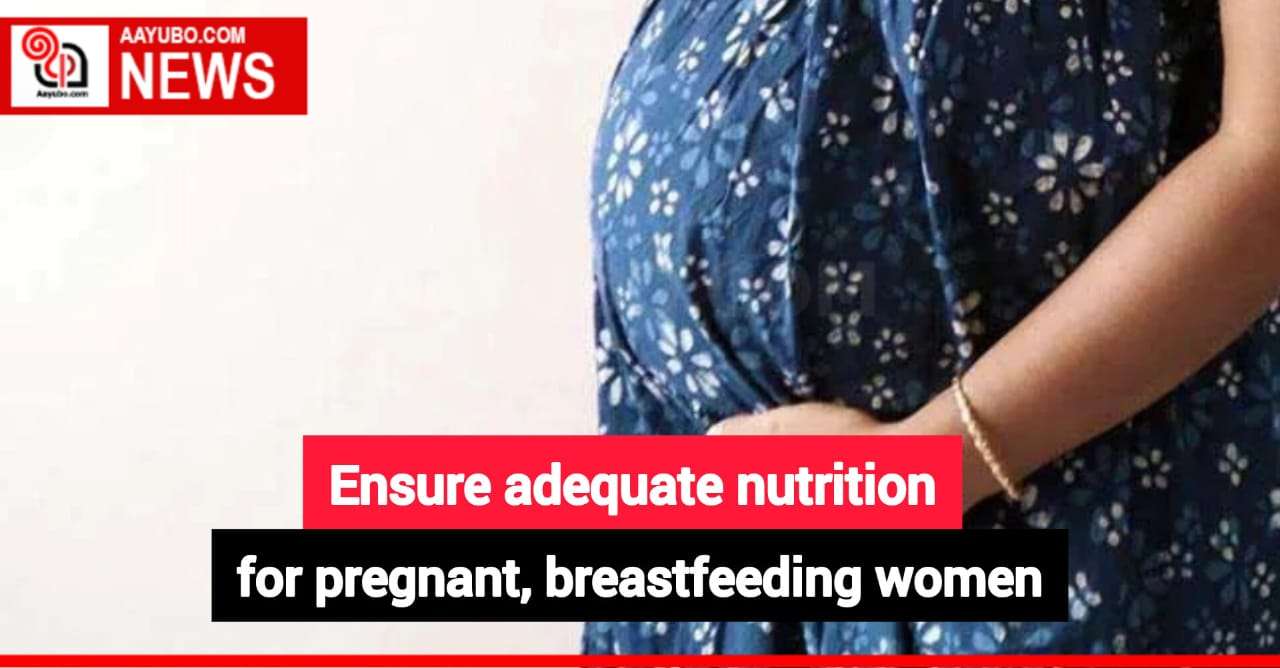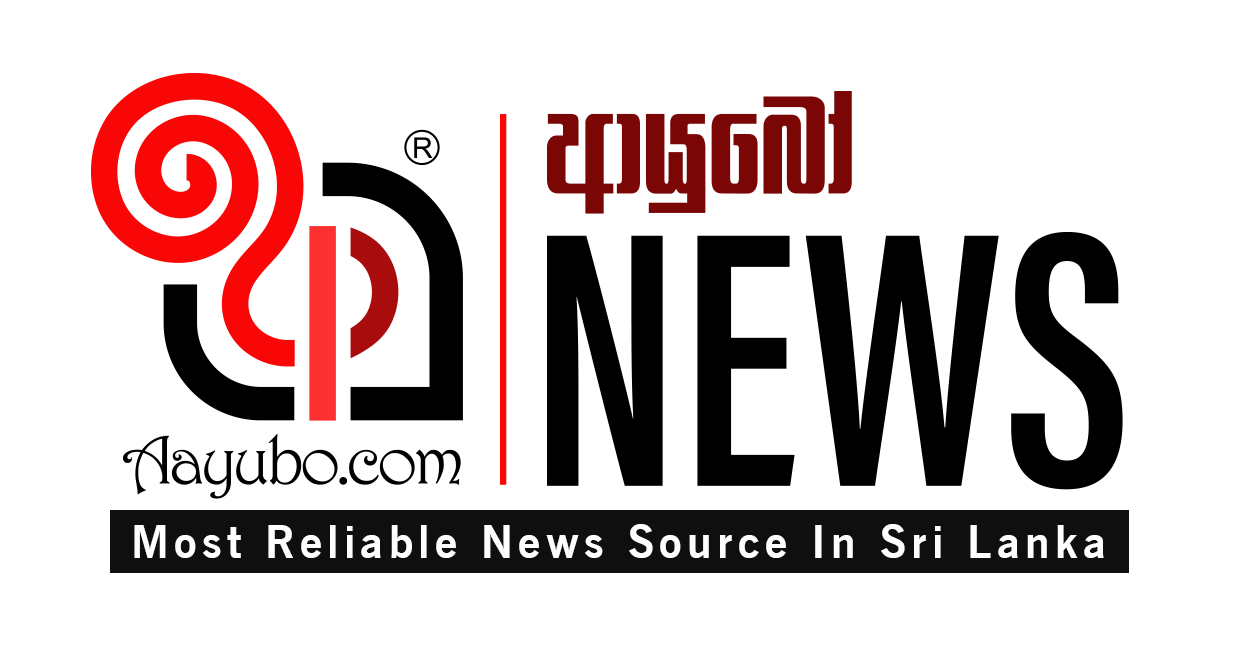Ensure adequate nutrition for pregnant, breastfeeding women

Amidst the ongoing economic crisis in Sri Lanka, Amnesty International has called on the country to ensure that all pregnant and breastfeeding women have access to adequate nutrition.
The rights group highlighted the impact of falling incomes, loss of livelihoods, and inflation on women's purchasing power. At the same time, the crisis has affected government-funded programs aimed at improving maternal nutrition.
The research briefing titled 'Previous Meals to Make-Do' focused on women living below the poverty line in Colombo. According to Amnesty International, the economic crisis has significantly impacted the health and well-being of pregnant and breastfeeding women, who have been disproportionately affected by the doubling of poverty rates in the country.
In their research, Amnesty International interviewed healthcare workers, members of civil society, and pregnant and breastfeeding women from different backgrounds living in informal settlements and tenement blocks in Colombo.
The women expressed concerns about food affordability, the inconsistent supply of 'Thriposha' food supplements, and the challenges in redeeming food vouchers offered through government programs.
Due to the high cost of food, pregnant and breastfeeding women reported prioritizing filling their stomachs over consuming the recommended daily amounts of various nutrients.
Many have resorted to limiting portion sizes or reducing the number of daily meals to two to three meals a day. Amnesty International's Deputy Regional Director for South Asia, Dinushika Dissanayake, emphasized that health and nutrition have taken a back seat amid the severity of the economic crisis, leading to detrimental effects on pregnant and breastfeeding women's health and well-being.
139 Views







Comments